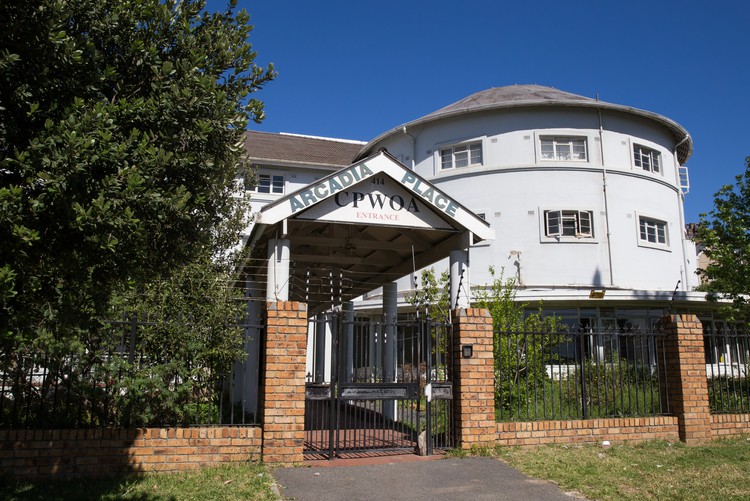Covid-19: Nursing homes face major challenges
Elderly and frail at a higher risk from Covid-19
While there are still many uncertainties surrounding Covid-19, it’s clear that the risk of dying increases with age. An article published in the British Medical Journal on 13 March raises concerns about what this will mean for older people in low- and middle-income countries.
Nursing homes and old age homes may face many challenges, including a lack of staff and shortages of supplies, such as hand washing equipment, including soap and towels, according to Dr Leon Geffen, executive director at the Samson Institute for Ageing Research and co-author of the article.
Geffen said that those living in care facilities, such as nursing homes with communal spaces, are at risk of catching or spreading Covid-19 due to being in such close contact with one another.
Furthermore, the elderly are more likely to suffer from conditions that make them vulnerable to Covid-19. Geffen said that those with high blood pressure, cardiovascular disease, diabetes, or a history of smoking were more likely to have serious complications from Covid-19.
Those living in nursing homes are generally frailer and require assistance with various daily activities. “They are in contact with caregivers who have to provide services to them; and within that group of people they can walk from person to person and transmit the infection that way,” said Geffen.
According to Geffen, measures that can be taken in nursing homes and similar care facilities are:
-
All staff should be educated on effective hand washing techniques. Caregivers should also wash their hands after every person they come into contact with in order to reduce the risk of spreading the novel coronavirus.
-
Every person coming into the care facility should be screened. They have to be asked about whether they have any Covid-19 symptoms (such as runny nose, cough or fever) or whether they have come into contact with any person who may have Covid-19.
-
Visitor access should be restricted and only essential services should be allowed access to care facilities.
-
The environment in care facilities should regularly be cleaned by wiping surfaces with alcohol-based cleaning solutions.
The Cape Peninsula Organisation for the Aged (CPOA), on its Facebook page on Monday, said that it has made the decision to “lock down” its care centres in order to “prevent unnecessary spread of the virus”. This means that all nonessential visits will be prohibited, “at risk” patients are being isolated, and “preventative measures are being taken” by staff across all its facilities.
The British Medical Journal article states that there is already evidence that Covid-19 is becoming difficult to contain in nursing homes in high income countries. This means that lower income countries will be under an even greater threat.
“Most of the deaths observed are in people older than 60, especially those with chronic conditions such as cardiovascular disease. This has important implications for the way in which public health and clinical responses should be developed,” write Peter Lloyd-Sherlock, Shah Ebrahim, Geffen, and Martin McKee in the article.
Disclosure: Geffen is the brother of GroundUp’s editor.
Support independent journalism
Donate using Payfast

Don't miss out on the latest news
We respect your privacy, and promise we won't spam you.
Next: Covid-19: Why “test, test, test” is easier said than done
Previous: DA and ANC councillors both say hostel is not in their ward
© 2020 GroundUp.
This article is licensed under a Creative Commons Attribution-NoDerivatives 4.0 International License.
You may republish this article, so long as you credit the authors and GroundUp, and do not change the text. Please include a link back to the original article.

